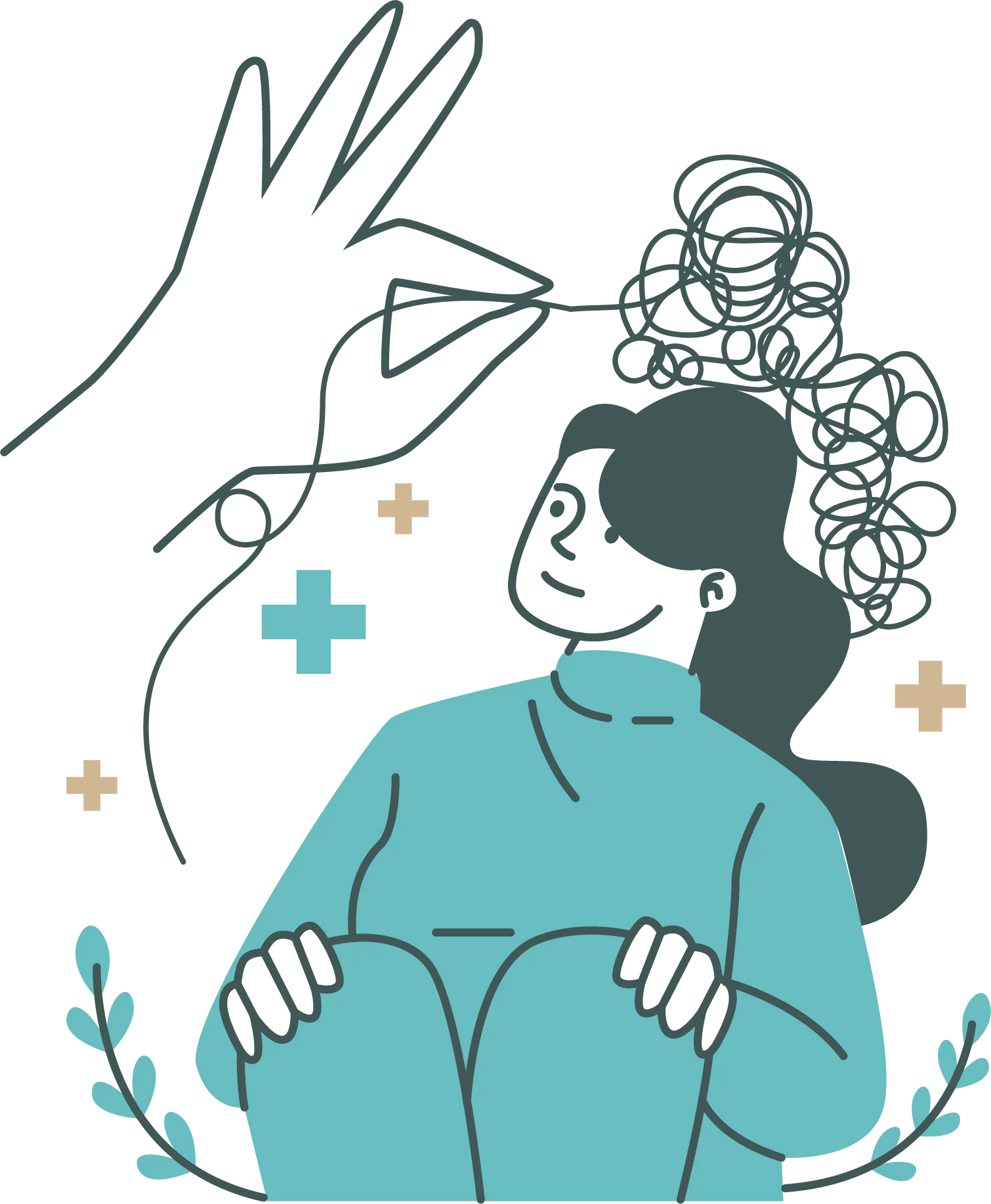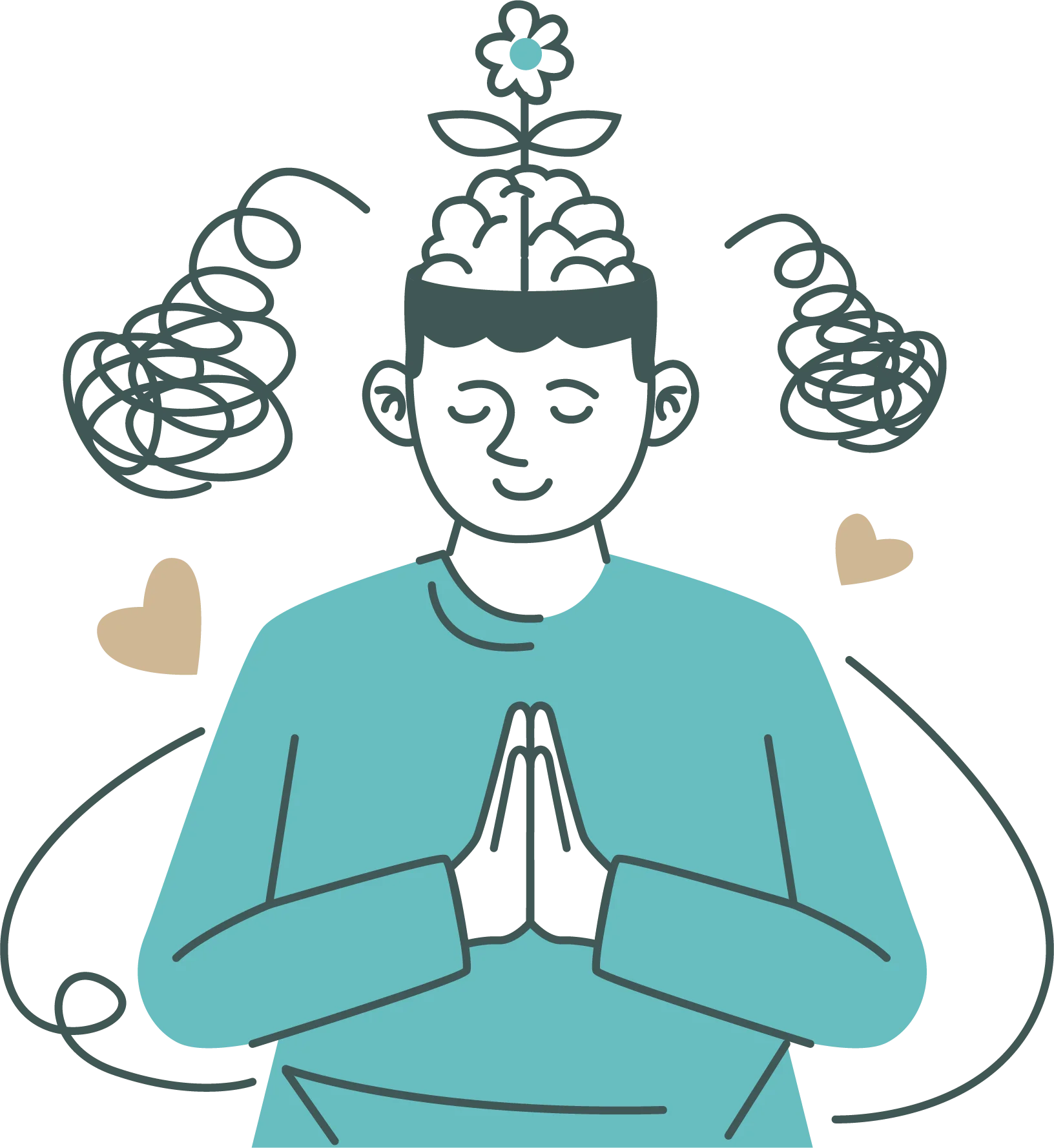Post-Traumatic Stress Disorder (PTSD)
At Altitude Mind Clinic, we understand how heavy PTSD can feel. That’s why we offer comprehensive, trauma-informed specialist assessments through secure and confidential Telehealth services.
We develop individualised management plans based on the most effective, evidence-based interventions. If you’re living with the effects of trauma, you are not alone, and you don’t have to carry it alone. PTSD may be part of your story, but it does not define your future.

What is Post-Traumatic Stress Disorder?
Post-traumatic stress disorder (PTSD) is a mental health condition that can develop after experiencing or witnessing a traumatic event, such as violence, natural disasters, accidents, loss of a loved one, childhood neglect or abuse, or military combat. PTSD disrupts emotional wellbeing and daily functioning.
PTSD symptoms can begin shortly after the event, or they may not show until weeks, months, or even years later. Everyone’s trauma response is different, and there is no right or wrong way to feel.
Let Us Guide You on Your Health Journey
Common PTSD Symptoms
PTSD symptoms can affect everyone differently and are usually categorised into four groups.

Causes of PTSD
PTSD is triggered by exposure to traumatic events.
Risk factors include:
- Experiencing or witnessing life-threatening events.
- A history of trauma or abuse.
- Genetic predisposition or existing mental health conditions.
- Lack of support after a traumatic experience.
How PTSD Affects Daily Life
Relationships and Social Life
PTSD can make it hard to feel close to others. You may withdraw from friends or family, struggle with trust, or feel emotionally numb. These reactions are common, especially when you are trying to protect yourself from further hurt, but they can lead to isolation and loneliness.
Physical Health Effects
PTSD often affects the body as well as the mind. You might experience fatigue, tension, headaches, stomach issues, or poor sleep. These physical symptoms can add to the emotional toll, making daily life feel even more exhausting.
Work and Daily Functioning
Difficulty concentrating, coping with stress, or navigating busy environments can make work or study overwhelming. Some people find it hard to maintain their jobs or avoid specific responsibilities due to the fear of PTSD symptoms being triggered.
Emotional Struggles and Avoidance
Feelings of guilt, shame, or hopelessness are common, and some people develop depression, anxiety, or use substances to cope. Avoiding triggers, such as driving, crowds, or certain conversations, may offer short-term relief but can limit your world and keep you from the things you enjoy.
How Management Can Make a Difference
With the right support, it is possible to feel better and reclaim your life, even if PTSD has been present for years.
Many people find relief and healing through:
- Trauma-Focused Cognitive Behavioural Therapy (TF-CBT): This structured approach helps you understand how your thoughts and behaviours are shaped by trauma. It teaches practical strategies to challenge unhelpful patterns, reduce fear, and feel more in control of your reactions.
- Eye Movement Desensitisation and Reprocessing (EMDR): EMDR helps the brain process distressing memories in a less overwhelming way. Through guided eye movements or other forms of bilateral stimulation, EMDR can reduce the emotional intensity of traumatic memories and support long-term healing.
- Mindfulness and Body-Based Approaches: These approaches teach you how to stay grounded in the present moment. They can help reduce anxiety, ease distress, and improve your ability to cope with triggers by building awareness and emotional regulation.
- Medication (where appropriate): In some cases, medication can help manage symptoms like anxiety, depression, or sleep disturbances. It is often used with your management plan to support overall wellbeing and improve daily functioning.
At Altitude Mind Clinic, we tailor treatment to your unique needs.
Whether you are just beginning to explore what is happening or have had support before, we are here to meet you where you are.
Why Telehealth PTSD Support Works
Online management for PTSD can be a lifeline, especially for people navigating trauma. At Altitude Mind Clinic, all our care is delivered through secure virtual mental health services, designed to prioritise your comfort, privacy, and emotional safety.
Here’s why many people prefer online management for PTSD:
- No need to travel. Avoid triggering environments or long commutes.
- Feel safe in your own surroundings, which is especially important for trauma survivors.
- More accessible for people in rural or remote areas.
- Flexible scheduling to suit your life, work, or family needs.
- Private and discreet. Receive care without walking into a clinic.
Healing is possible, and at Altitude Mind Clinic, we are here to offer gentle, personalised care that meets you in your safest space.

Take the First Step Towards Finding Focus and Peace in Your Everyday Life